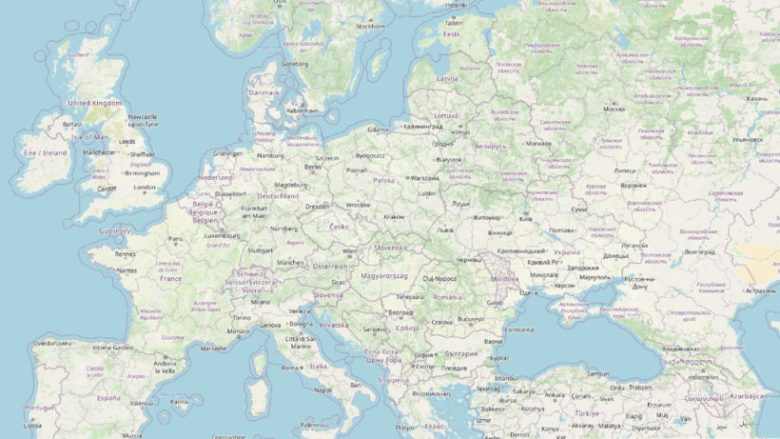Amid Brexit, British foundation OpenStreetMap is considering leaving the UK

Brexit has been having a massive impact on UK-based companies ever since the idea was proposed. Many are considering emigrating to the EU because of the new legal and economic conditions in their home country. One such company is OpenStreetMaps, a foundation that collects geodata and then offers it to the public free of charge. The project was launched by British entrepreneur Steve Coast about 20 years ago. The decision for the potential move was caused by a bureaucratic feud between the UK and the EU, according to the Guardian.
Brexit causes ownership uncertainties
“There is no single reason for the possible change of location, but many small reasons. Most of them were either triggered or intensified by Brexit, ”Guillaume Rischard, Treasurer of OpenStreetMap, recently told members of the foundation in an email. One serious difference between the EU and Great Britain is when it comes to database rights. Both protect copyrights, but only of creative works, and this does not extend to maps.
Before Brexit, OpenStreetMaps’ database was protected by a separate EU law. This applies when there is “a substantial investment in the acquisition, verification or presentation of the data”. Since the UK left, the EU has no longer protected any databases created there, and vice versa. In addition to this, other problems include increased difficulty when using PayPal for banking in the UK and the loss of the “.eu” domain.
OpenStreetMaps looking for new home
Since its foundation in 2004, OpenStreetMaps has been making detailed digital maps. The foundation does this mainly with the help of volunteers. Some of them work from home using satellite images. Others go around on the ground determining the exact locations of shops or restaurants. These maps are used by companies such as Apple, uBer and Microsoft, which is considered controversial because of reports that large companies have more access to these maps than the ordinary user.
It is still undecided whether or not the foundation will relocate, due to logistical issues when picking out a suitable country. Ireland would not work as it would require executives to be residents there. France would be even more complicated because of the difficulty of offering an English-language service. “The move would take a lot of time, money and effort,” says Rischard.





























